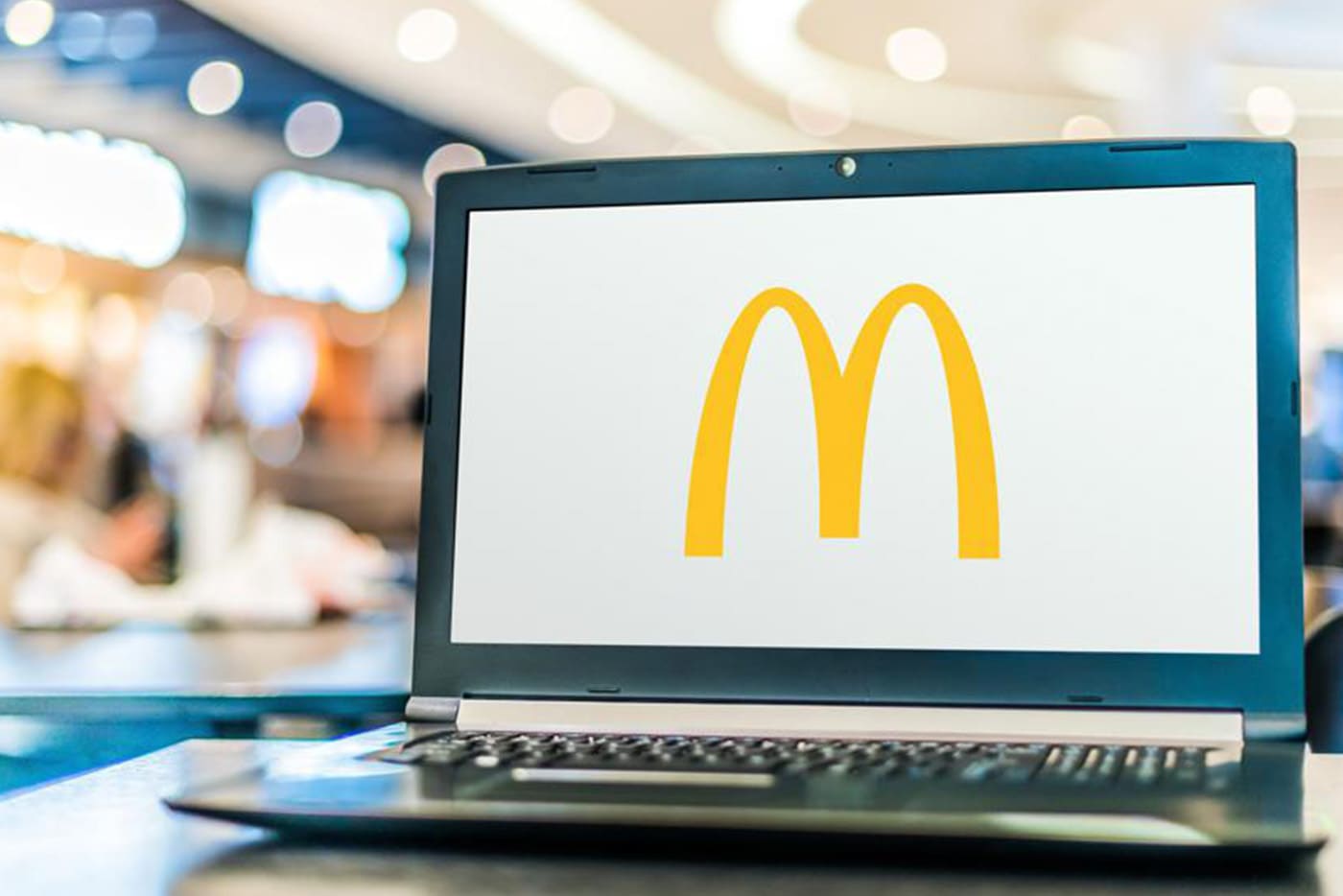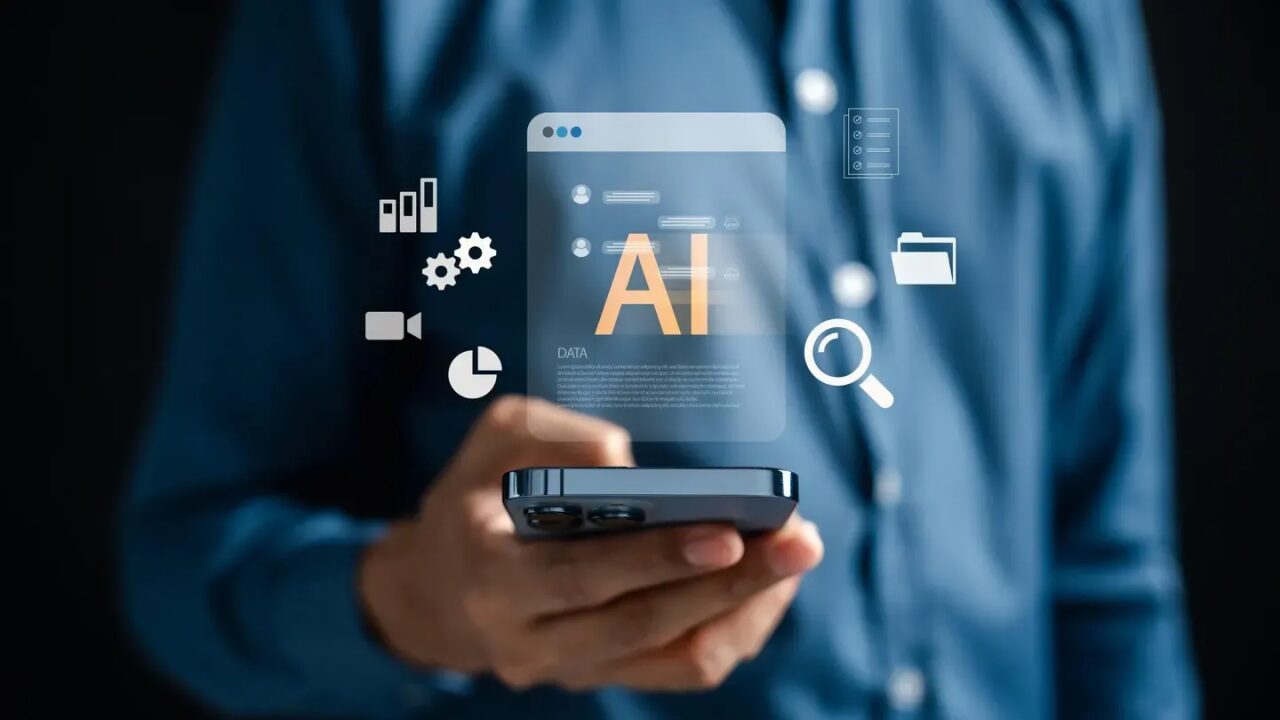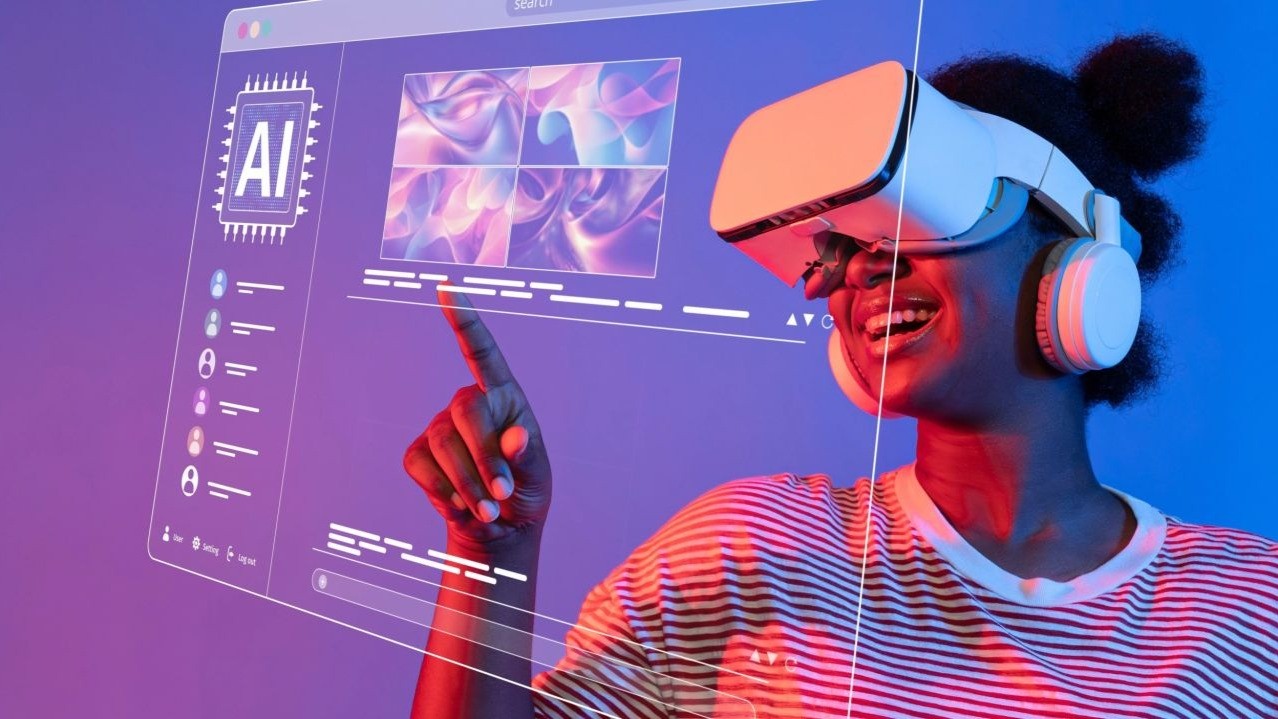The Metaverse And Digital Transformation At McDonald’s
4 July 2022
The famous golden arches are recognized worldwide not only as an icon of fast food, but also of technological transformation. McDonald’s – the world’s largest restaurant chain – has been an early pioneer of tech-driven innovation, from the drive-thru to self-service kiosks. Today it’s forging a path for fast food into the metaverse and beyond.

To kickstart its most recent digital surge, the company incubated its own Digital Information Team back in 2014, which has since grown from just three to over 130 members. Their task was to deploy technology in order to overcome challenges around restaurant dining, drive-thru service, and home (or anywhere else) delivery.
In order to achieve these aims, it is deploying a number of innovative artificial intelligence (AI), analytics, and internet of things (IoT) use cases. It is also investing heavily in reskilling staff away from jobs that can be easily automated, such as taking orders, and towards areas of the business where they will get to use their uniquely human abilities.
Efficient Ordering
McDonald’s started serving customers at drive-thru windows in 1976, and by the early 1980s, this high-speed, low-friction selling channel accounted for 50 percent of its sales. During the pandemic, this increased to around 70 percent. Today, it’s still a highly popular way for customers to get hold of their beloved burgers and fries, and, along with delivery, enabled the company to keep its revenue relatively stable even through the pandemic.
In 2019, it acquired Israeli AI startup Dynamic Yield for a reported $300 million, with the aim of building its technology into every aspect of its customer-facing operations. The same year, it also acquired another AI startup, Apprente, specializing in voice technology.
Since then, McDonald's has implemented AI-driven voice recognition ordering systems at some of its restaurants, which use synthetic human voices and natural language processing algorithms to take orders. It says that this has enabled it to shave almost a minute from the total time it takes for the average customer to receive their order. In 2021, McDonald’s was able to sell the technology it had developed for automated voice-based ordering systems to IBMIBM -0.1%, creating more revenue for the restaurant giant.
Another initiative involved using image recognition algorithms to scan number plates and predict what customers were likely to order based on previous occasions that vehicles had visited.
Inside its restaurants, it has also experimented with dynamic menu boards that use AI to tailor the items on offer in real-time, based on time of day, weather, popular orders of the moment, and how busy the restaurant happens to be. Former CEO Steve Easterbrook told investors that this technology has successfully led to larger average order sizes across its restaurants.
Of course, today, a lot of the buzz in the fast-food industry is around app-based ordering. Like most global chains, McDonald’s has an app that (depending on where you are in the world) can be used to order food through any of its distribution channels – restaurant, delivery, or takeaway. The app uses prediction and recommendation algorithms to decide what customers are most likely to want to buy and place them prominently on the screen. These recommendations are based on previous orders, global, national, and local trends, and the weather. The app also allows McDonald's to gather a lot of data about who its customers are and how they spend their time and money (with the customers’ permission). This allows the restaurant chain to further tailor its products and services to meet their needs.
McDonald's In The Metaverse
Metaverse is the term used to describe “next level” virtual platforms where users will interact with each other – and with brands like McDonald's – in immersive, persistent environments. Many global brands are seeing it as the next big thing in both marketing and customer experience, and McDonald's is no exception.
The chain has filed patent applications indicating that it is in the process of developing "virtual restaurants." As we are spending more and more of our time online, McDonald’s is betting that just as teenagers like to meet and hang out in burger restaurants today, tomorrow, they will log into virtual reality (VR) equivalents where they can talk to friends in entertaining environments, as well as order food and drink deliveries to their homes.
It also plans to sell virtual goods – this might take the form of branded clothing and other items that can be used to decorate avatars or customers’ virtual homes in the metaverse.
And its patent applications reveal that it is also interested in developing NFTs that would allow digital items it creates for the metaverse to be unique, limited edition, or one-of-a-kind, indicating that it may be interested in creating collectibles or personalized promotional items. It has already created and launched one such NFT, celebrating the return of the much-loved McRib to its menu in November 2021 – a sandwich that itself became an internet meme!
Supply Chain
A third area where McDonald's is rolling out AI and other fourth industrial revolution technologies is driving efficiencies within its own internal operations and supply chain.
Easterbrook, who was credited with launching the digital transformation initiative, said that the ultimate aim was to connect all of the AI, data, and analytics systems in order to create an end-to-end intelligent business.
He said “As you start to link the predictive nature of customer demand all the way through your stock levels in the restaurant and kitchen, you can flex it back down through the supply chain.”
This will allow the company to more accurately predict widespread trends in consumer behavior – such as the growing demand for meat-free or healthier menu options – as well as the impact of global issues such as the ongoing disruption to food distribution caused by the Covid-19 pandemic or Russia's invasion of Ukraine.
Related Articles
7 Media Trends That Will Redefine Entertainment In 2026
By now, “smart” versions exist of just about every home appliance, gadget and gizmos we can think of. However, manufacturers continue[...]
The Next Giant Leap For AI Is Called World Models
By now, “smart” versions exist of just about every home appliance, gadget and gizmos we can think of. However, manufacturers continue[...]
The 8 Biggest Healthcare Technology Trends To Watch In 2026
By now, “smart” versions exist of just about every home appliance, gadget and gizmos we can think of. However, manufacturers continue[...]
Robots And AI Are Rewriting The Future Of Surgery
By now, “smart” versions exist of just about every home appliance, gadget and gizmos we can think of. However, manufacturers continue[...]
The 8 Biggest AI Trends For 2026 That Everyone Must Be Ready For Now
By now, “smart” versions exist of just about every home appliance, gadget and gizmos we can think of. However, manufacturers continue[...]
AI Agents Are Killing Brand Loyalty And Reshaping How We Shop
By now, “smart” versions exist of just about every home appliance, gadget and gizmos we can think of. However, manufacturers continue[...]
Sign up to Stay in Touch!
Bernard Marr is a world-renowned futurist, influencer and thought leader in the fields of business and technology, with a passion for using technology for the good of humanity.
He is a best-selling author of over 20 books, writes a regular column for Forbes and advises and coaches many of the world’s best-known organisations.
He has a combined following of 4 million people across his social media channels and newsletters and was ranked by LinkedIn as one of the top 5 business influencers in the world.
Bernard’s latest book is ‘Generative AI in Practice’.










Social Media